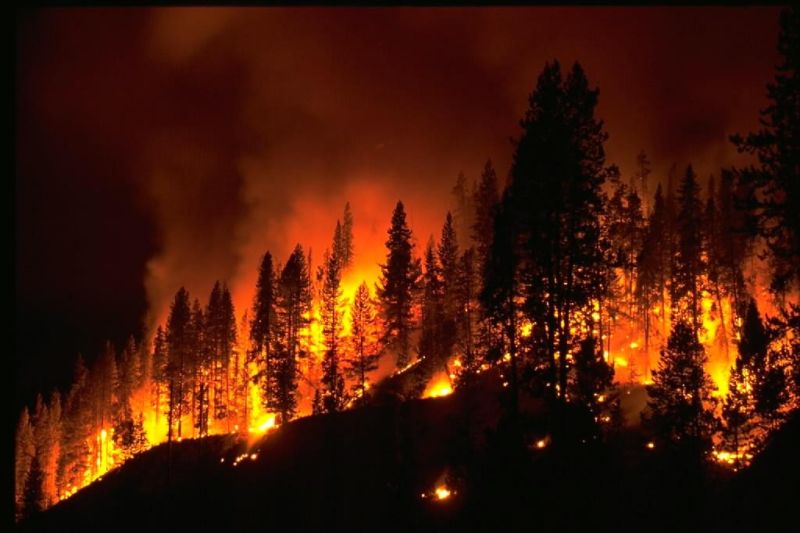Wildfire smoke is loaded with microbes. Is that dangerous?

If you're unfortunate enough to breathe wildfire smoke, you're getting a lungful of charred plant material, noxious gases, and-if the fire tore through human structures-incinerated synthetic materials. All across the board, it's bad stuff, proven to be a severe detriment to human health, particularly for those with respiratory conditions like asthma. And not to pile on the worries, but that haze also turns out to be loaded with microbes like bacteria and fungi.
The problem is, scientists have only just begun to study this smoky microbial community. That led a pair of researchers to publish a new perspective piece in the journal Science on Thursday calling for a multidisciplinary push to better characterize these microbes and determine how they might be making wildfire smoke even worse for human lungs. It's not just comprised of particulate matter and gases, but it also has a significant living component in it," says University of Idaho fire scientist Leda Kobziar, coauthor of the piece. Wildfire smoke may actually spread beneficial organisms for an ecosystem, Kobziar adds, but what might the consequences be for the spread of pathogens that we know are airborne?"
Read 13 remaining paragraphs | Comments